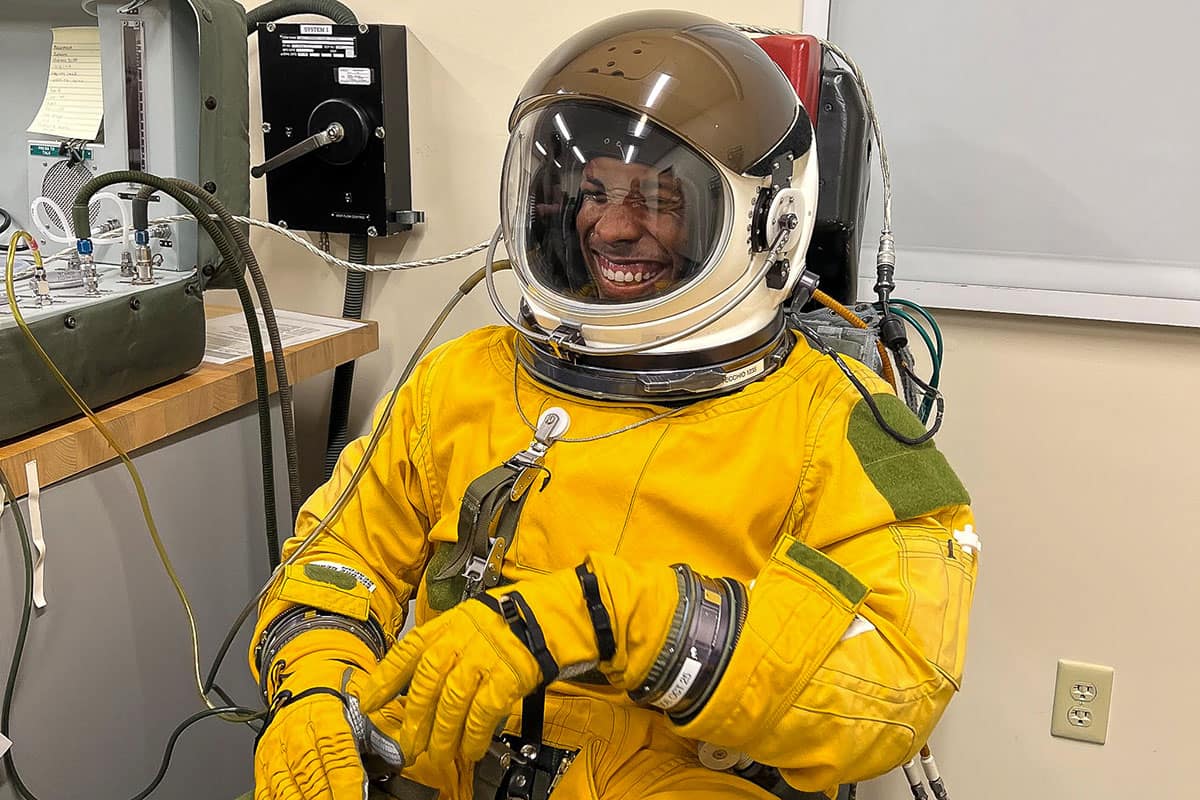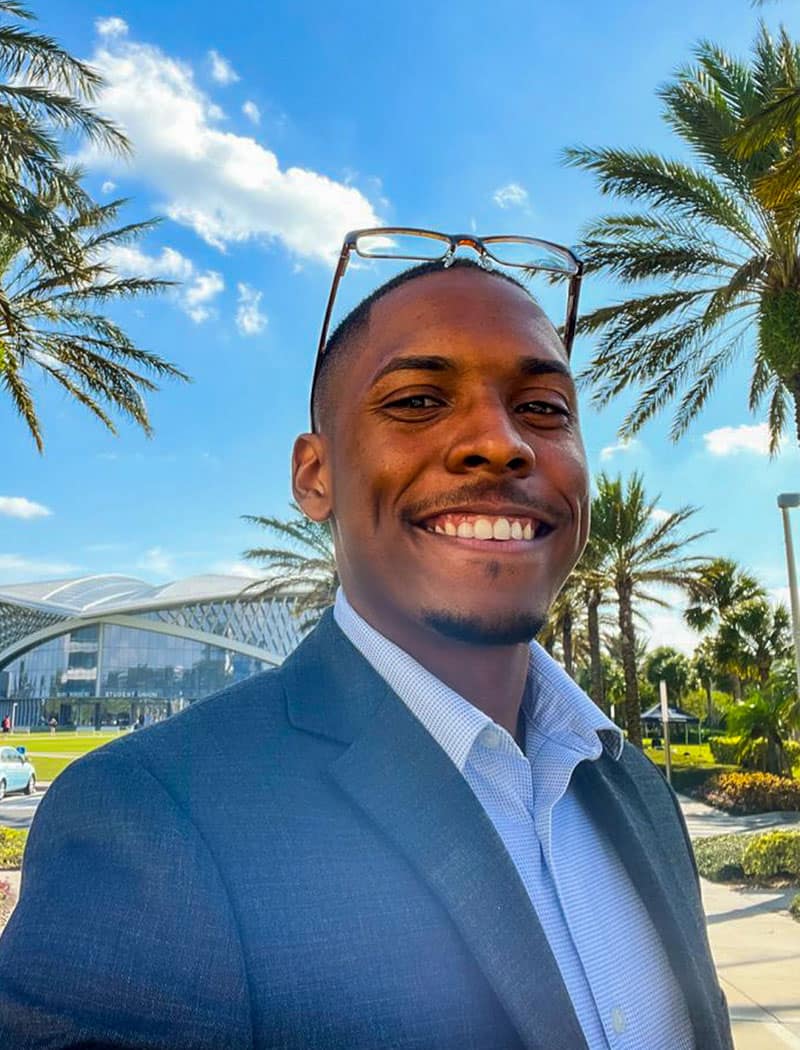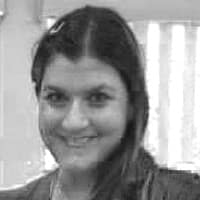Worldwide Graduate Student Rises Above Challenges to Find New Career in Human Factors


Canales has completed four internships and started a full-time job recently with The Boeing Company’s Environment, Health and Safety team in Arizona. He is shown here on a visit to the Daytona Beach Campus. (Photo: Embry‑Riddle/Jose Canales)
One of five children from a tight-knit family, Jose Canales had planned to pursue a career in physical therapy in Puerto Rico when Hurricanes Irma and Maria devastated the island in 2017.
Seven years later, he is now a Human Factors graduate student at Embry-Riddle Aeronautical University’s Worldwide Campus, with plans to graduate this spring and become the first in his family to complete college.
Canales, 27, has overcome challenges to accomplish more than he ever imagined, including landing multiple top internships and starting a full-time job recently as a safety occupational and health specialist with The Boeing Company in Mesa, Arizona. During his studies, Canales worked full-time in Walmart’s supply chain.
“It represents seven years of sacrifice, change, cultural adjustment, learning the language — and some rejection,” he said. “You have to be patient and resilient but committed.”
In 2017, Canales moved to Lake County, Florida, where he had family. He spent time working, improving his English and taking classes at the local community college. He was finishing his bachelor’s degree in Kinesiology and Exercise Science from the University Central Florida in 2022, when he became interested in Embry-Riddle’s Human Factors graduate program and aerospace physiology.
Canales said he “could not drive two hours a day to attend class in person at the Daytona Beach Campus, so the Worldwide Campus was a good fit.”
He reached out to Dr. John French, a professor of Human Factors and Behavioral Neurobiology and director of Embry‑Riddle’s Aerospace Physiology Lab, who encouraged him to apply for an aerospace and operational physiologist internship for the U.S. Air Force at its Beale Air Force Base in California. The internship was supported through NASA’s Florida Space Grant Consortium.
“Dr. French helped me embrace something different,” said Canales, who completed the Air Force internship in the summer of 2022. “I took it as a challenge. I really got out of my comfort zone, and that solidified my future goals.”
French said Canales represented Embry-Riddle well.
“Jose is a go-getter and isn't afraid of challenges,” French said. “He went way out of his way to see and learn first-hand how the real high-flyers in the Air Force get prepared for their mission.”
Canales completed a Human Factors internship at Gulfstream Aerospace in Savannah, Georgia, last spring. He then interned as an ergonomist specialist for The Boeing Company's Environment, Health and Safety department in Mesa, Arizona. Through the Co-op/Internship (COIN) Program, he also earned academic credit.
Canales attributed much of his success to the support and guidance he received from a wide network of individuals, from Embry-Riddle faculty to the Center for Career and Professional Development staff.
“They made a significant investment in my future, providing the essential resources and mentorship that were crucial to my success,” said Canales.
Canales’ hard work and dedication have resulted in tremendous personal success, said Andrea Armstrong, former assistant director of Worldwide’s Center for Career and Professional Development. But, she added, he is also committed to supporting others.
“Jose seizes every opportunity to advocate for other Worldwide students or offer guidance to those interested in his field,” said Armstrong, who is currently Worldwide’s assistant director of student accessibility services. “His willingness to share his experiences and uplift others is a true hallmark of leadership.”
Canales said he wants to pay it forward to encourage other Eagles striving to make their dreams a reality, despite the challenges they may face.
“I hope my story can resonate with other students who are in the same shoes and bring them hope,” he said.

 Melanie Stawicki Azam
Melanie Stawicki Azam